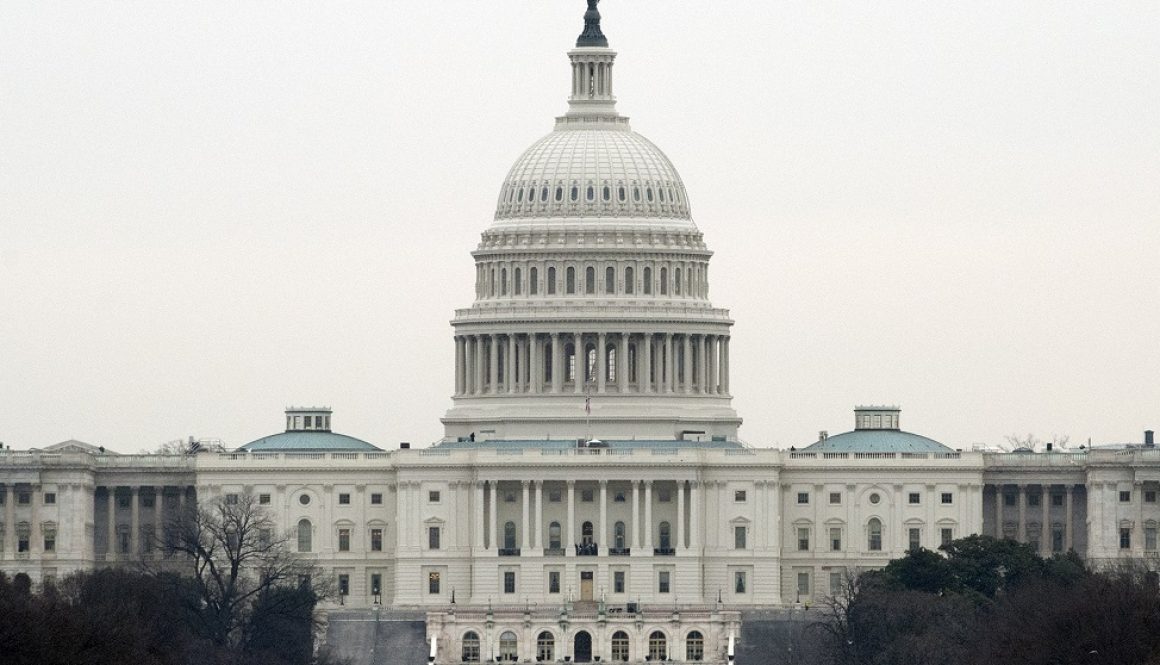More Tax Breaks for Big Corporations? The U.S. Chamber of Commerce is Pulling Strings Again
Do you think big tax breaks for big corporations should end? Do you think large multinational corporations should pay their fair share of the costs needed to provide essential government services?
If the U.S. Chamber of Commerce gets its way, we’ll be stuck with the current status quo, where corporations are allowed to ship profits overseas to tax havens and game the system to pay little or no taxes. According to a new report, the Chamber has lobbied more intensely than all but one entity, General Electric, to renew a package of lapsed tax breaks, known as “tax extenders,” that could amount to $700 billion in lost revenue over 10 years.
Chamber lobbyists appeared 789 times in lobbying reports on renewing these tax breaks – an average of more than one appearance in the lobbying reports per weekday – in the 33 months between 2011 and 2013 covered by the report. On top of that, each lobbying report represents from one to dozens of contacts with members of Congress and their staffs during the quarter it was filed. The next highest number of appearances after the Chamber’s 789 was Hewlett-Packard with 372.
In addition to its number of appearances, the Chamber spent significantly more money lobbying for tax extenders than any company. It spent $254.6 million, which was 31 percent of what the top 30 organizations cumulatively spent. The next highest spender was General Electric, at $61.4 million, followed by Goldman Sachs, at $50.7 million. In total 373 organizations lobbied on the tax extenders, spending an average of $7.8 million – 3 percent of what the Chamber spent.
According to the report, written by Americans for Tax Fairness, Public Campaign and the Center for Responsive Politics, some 90 percent of the benefits of the tax extender package go to businesses, especially large corporations, with mere scraps left over for individuals, charities and community groups. Senate Minority Leader Mitch McConnell, whose reelection the Chamber has called its “No. 1 priority,” opposes paying for the $46 billion cost of the tax extenders in 2014, despite recently opposing $10 billion in emergency unemployment insurance benefits unless they were paid for.
“These tax breaks are far more expensive,” the report reads, “and they may be of little benefit to anyone but the large corporations that receive them.”
This would be entirely in keeping with what we know about the Chamber. It spent by far the most money across the board on lobbying of any group between 1998 and 2013, at more than $1 billion. The next highest spender on lobbying over that time was General Electric, at $294 million. The Chamber spent an average of $78.6 million on lobbying each year between 2002 and 2013 – an average of $50.6 million per year more than the next highest spender each year.
We know from the size of its contributions, the members of its boards of directors, and the policies it advocates for, the Chamber largely represents big businesses. Its intense lobbying to renew massive corporate tax breaks may benefit some big multinational businesses, especially in allowing them to continue dodging taxes, but the lost revenue they represent would be devastating for the ability of the government to serve, support and protect the American people.
Sam Jewler is the communications officer for Public Citizen’s U.S. Chamber Watch program.

